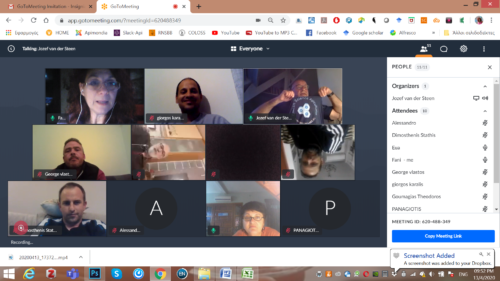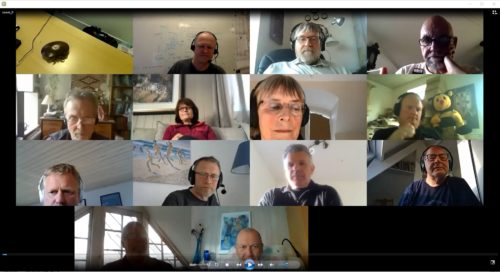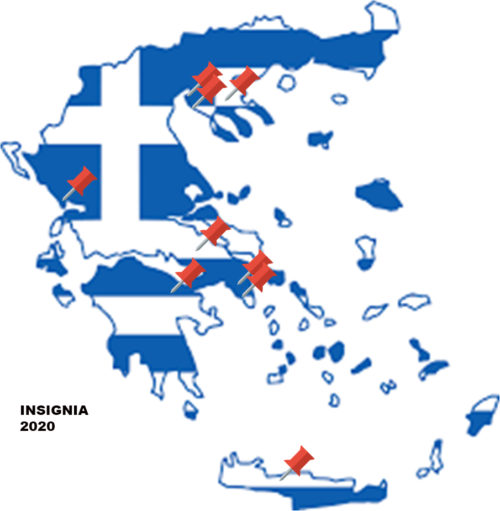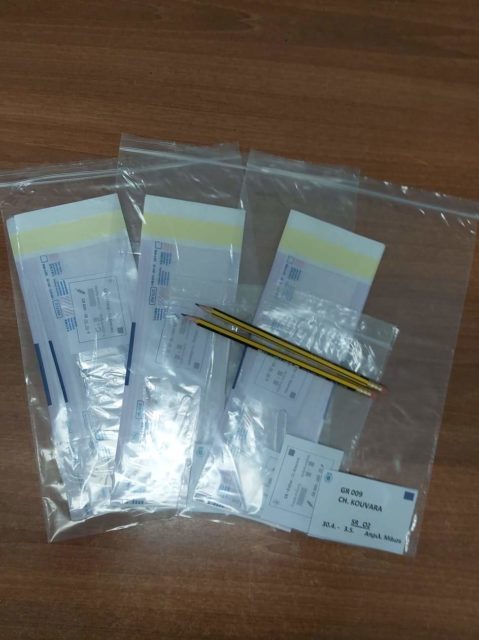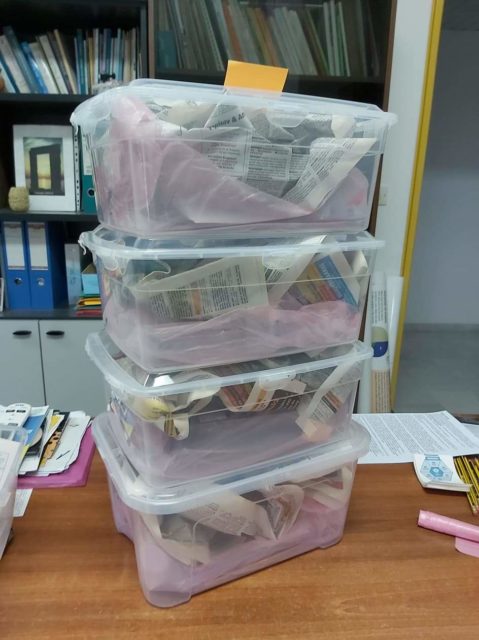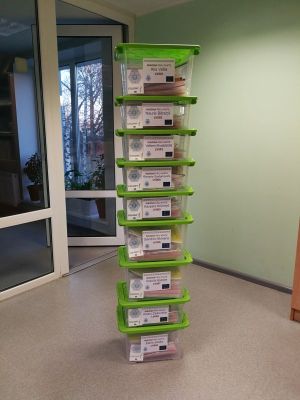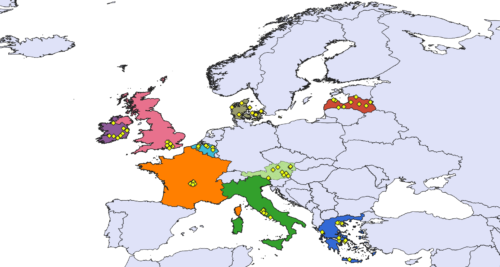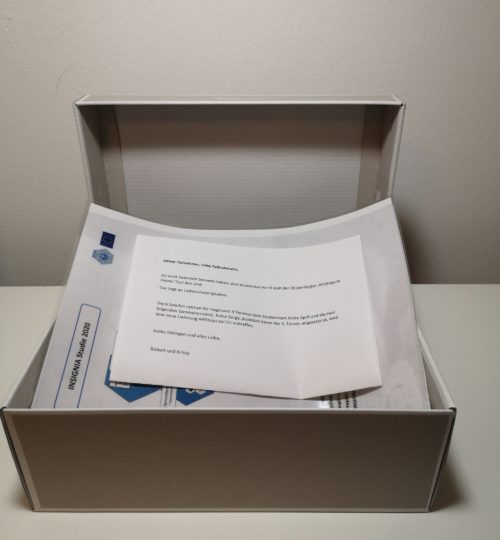The participating citizen scientists in Austria were very curious about their results from INSIGNIA year 1. As we were curious too, we attempted to provide the results of the metabarcoding and pesticides analyses as quick as possible to them – right after receiving the raw data from the labs and after submitting them to the EU. Further, it was also important to us, to ensure anonymity for the participants. Therefore, each citizen scientist only got his/her individual results.
We decided to not only send out the raw data files, as they are rather difficult to interpret for non-scientists. Instead we performed individual and basic data analysis for all of the 5 participants of year 1 and we arranged them in an excel file with several tables.
The main page (see figure below) explains some basics of how to handle the document and links to all of the result-tables.

Kristina Gratzer


